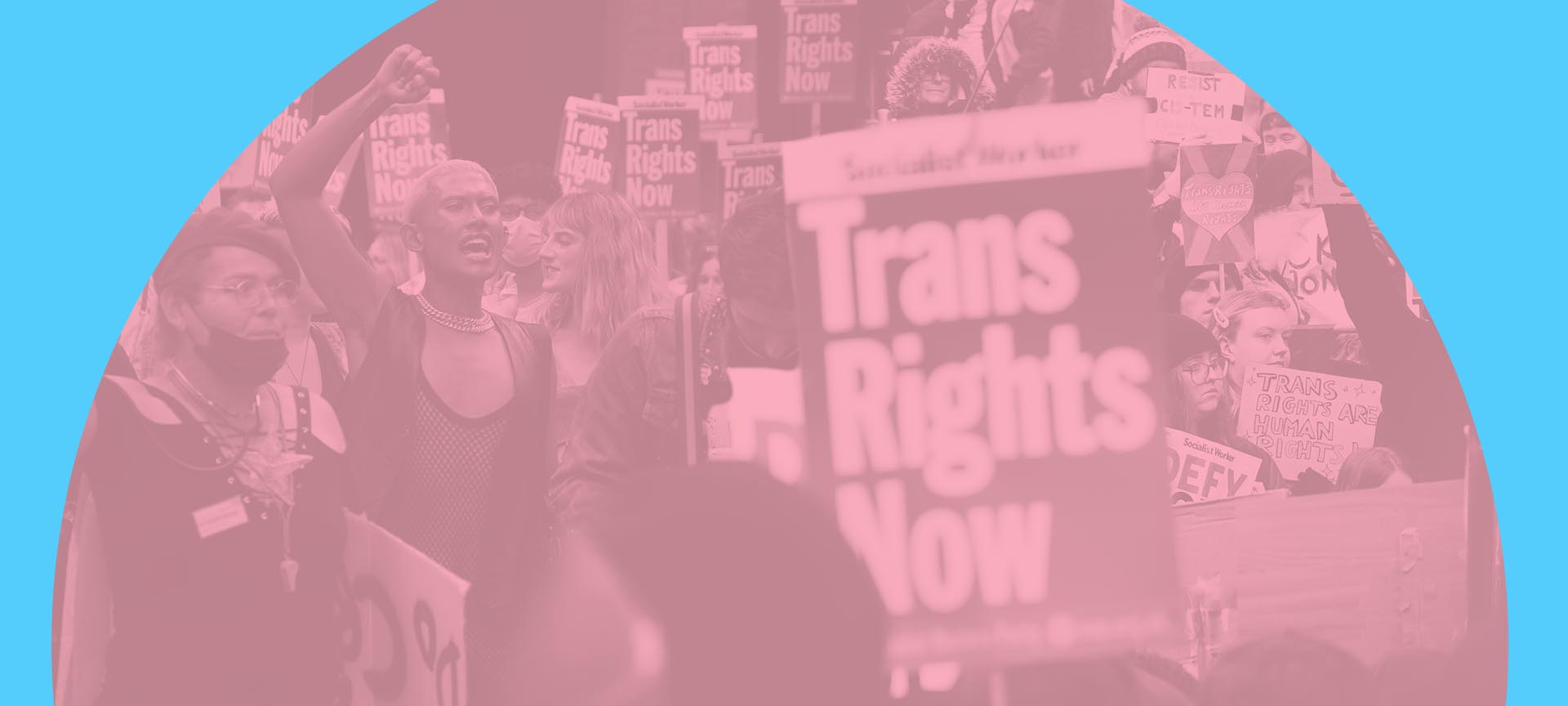Subscribe to THE BUZZ
Our monthly newsletter for updates, tips, techniques, and more.

At the same time rainbow flags fly throughout our cities and Instagram feeds and Pride parades celebrate the LGBTQ+ community, anti-trans legislation is sweeping the U.S. and the world.
It’s hitting close to home. Stoltz is headquartered in Boise, Idaho, where the state legislature recently passed a ban on gender-affirming care for transgender youth (Read about the bill). There are a million qualities we love about Idaho. This is not one of them. We at Stoltz want to make it loud and clear that we support our transgender employees, clients, families, and community members.
Chances are, someone you care about is impacted by this hateful legislation. This includes leaders, employees, potential employees, clients, customers, and the greater community. There are upwards of 1.6 million people ages 13 and up who identify as transgender in the United States as estimated by the UCLA’s Williams Institute.
I say upward because this group is hard to measure. Many trans people don’t publicly identify or present that way, especially in the workplace, and especially in states with a history of anti-LGBTQ+ rhetoric. Anti-trans bans symbolize an attitude of hate and bigotry that ripples outward from those directly affected to families, friends, and the larger LGBTQ+ community.

It means we’re losing out on talent, reducing economic opportunities, and overburdening our already strained healthcare system.
Legislation of this persuasion is dangerous and proliferates institutionalized discrimination and hate. The Human Rights Campaign reports “nearly 1 in 5 of any type of hate crime is now motivated by anti-LGBTQ+ bias” (read here). The Trevor Project reports “60% of trans and nonbinary youth in Idaho seriously considered suicide in the past year, and 27% made an attempt. Trans youth are not inherently prone to suicide risk, but rather placed at heightened risk because of how they are mistreated in society.” (read more)
If you or someone you know needs help or support, The Trevor Project’s trained crisis counselors are available 24/7 at
1-866-488-7386, via chat at TheTrevorProject.org/Get-Help,
or by texting START to 678678.
Bans on gender-affirming care deter physicians from practicing in Idaho. Medical professionals who follow evidence-based medicine supported by the American Medical Association, American Academy of Pediatrics, and American Psychiatric Association are threatened with imprisonment. This places a greater burden on our state’s already-taxed healthcare system. Removing physicians from where they are needed most makes it harder for anyone to access healthcare.
These bans limit the recruiting pool for Idaho companies and deter educated, skilled, open-minded people from living here.
They deter companies outside the state from doing business with Idaho companies. As more businesses install diversity, equity, and inclusion (DEI) initiatives, companies are choosing vendors and suppliers based on meeting DEI goals. Many businesses even have DEI requirements for suppliers. To the point above, as our workforce becomes less diverse, Idaho suppliers can’t compete.
“Each of us has blinders. We can only see things from our own perspective. But when we come together with a common cause or a shared vision, our view broadens and we can see and recognize things that we never could’ve seen on our own. That’s why the best companies are diverse: they have diverse thinking.”
Simon Sinek
For us or anyone in advertising or a creative space, legislation against the trans community may have an even larger impact. Diversity fosters creativity. Differences of experiences and backgrounds make creative work unique. Take the diversity out of advertising and you’ll be left with the same thing everyone else is making. We encourage our team to show up as their whole self and celebrate our diversity.
As a woman-owned business, we’ve seen firsthand that when people are supported at work, they do better. They feel ownership and tend to stick around.

In the wake of the anti-transgender legislation sweeping the U.S. and the world, it’s more important than ever to show support and advocate for our trans and nonbinary siblings. This might extend to asking folks how they’re doing, checking in with team members more often, and speaking out against hateful policies.
In a time when every company is jumping on the Pride bandwagon then pulling out at the first sign of protest, it isn’t clear who is truly an ally and who is simply being performative. Make your position clear, not just in June, but all year. Follow through with policies that support LGBTQ+ team members.
Idaho is not alone. At least 32 states enacted anti-trans legislation this year ranging from banning gender-affirming care for youth, banning trans youth from playing sports, bathroom bans, and far-reaching bans on drag performances. Not to mention the other anti-LGBTQ+ legislation not limited to trans people. This wave of hate takes its toll on the community and supporters. Know what’s happening and spread the word.
Our monthly newsletter for updates, tips, techniques, and more.